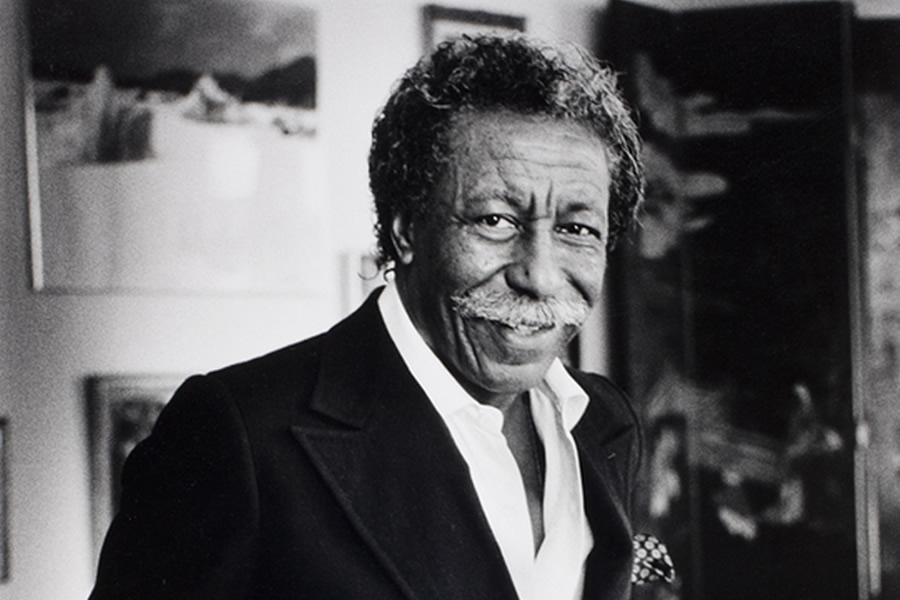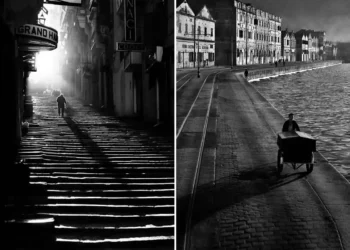Photographer and journalist Gordon Parks used his camera as a tool to help the world understand the experience of African-Americans in the U.S. A current exhibition at the National Gallery of Art, titled “Gordon Parks: The New Tide,” examines the first ten years of his career, and exhibit curator Philip Brookman sits down with Jeffrey Brown to share more about the artist’s life and work.
We are sharing this video from, PSB NewsHour Channel, Follow their Youtube Channel for more inspiring videos.
Gordon Roger Alexander Buchanan Parks was an American photographer who was a multifaceted individual making his reign over photography, music, literature, and movies. Gordon Parks is primarily well known and fondly remembered for his photographic essays for life magazine and as a notable film director for the film Shaft.
Parks was born in a normal farmer’s family, he was the last child, having attended the elementary school education in his town, Parks was not able to afford a high school education since blacks were not allowed to attend a school or sports activities. Even Parks himself has reiterated this incident on racial discrimination quoting his teacher once said, it would be a waste of money for him to attend college education. His early life was full of tragic events and memories which would be hardly bearable for any boy of his age. At the age of 11 Parks was thrown into a river by three white boys knowing he couldn’t swim. Going through an enormous amount of struggle, Parks had swimmed back both in life and crossed his own destiny.
Speaking about his photographic career, at the age of 25 Parks was struck by some of the wonderful photographs on migrant workers and this pushed him to buy his first camera. While developing his first role of film, the clerk was really stunned by the talent Parks had and he prompted him for his first photography assignment. This slowly led Parks to shoot more of portraits of society women. Life having its own pace tracked down Park’s significance in photography and more elegantly his works were coming to limelight. He has always struggled to attain recognition, he was made to feel his race and has strived hard to fight against the discrimination which prevailed in those days.











